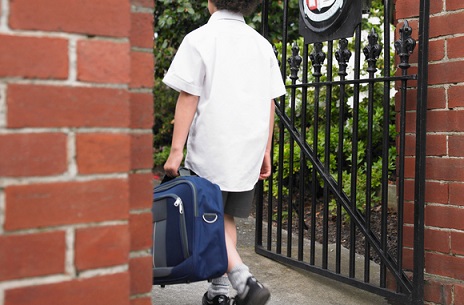
New research shows how children living in poorer areas adjust to, and perceive, schooling.
According to the long-running Growing up in Ireland (GUI) study, migrant children and those living in low-socioeconomic areas start school earlier than other students but do not settle as well as their wealthier peers.
Economic and Social Research Institute (ESRI) research professor, Emer Smyth, said that when compared to girls, boys have a negative attitude towards schooling, greater socio-emotional difficulties and worse literacy and numeracy skills than those from other backgrounds.
The study also found that while children with disabilities start school later than average, they, and students with special needs, lag most behind average level of academic skills and socio-emotional capacities.
“The findings indicate a need to develop supports for children to enhance the transition to primary education,” Professor Smyth said.
However, there is a silver lining. The study also found that the vast majority of five-year-olds look forward to going to school and have good things to say about it.
A US study – published in the International Journal of Education Research (IJER) – shows that general school and teacher factors have a negative impact on students’ self-esteem and their positive attitude to learning.
The beliefs of teachers, families and children themselves around capabilities and ability are far reaching,” the researchers said.
“There are a number of studies that show children throughout the age range [4–18 years] from poor backgrounds are greatly underrepresented when it comes to extra curricula or enrichment programs.”
The researchers said that teacher nomination tends to focus on children who are good readers with good comprehension skills, memory and advanced vocabulary.


